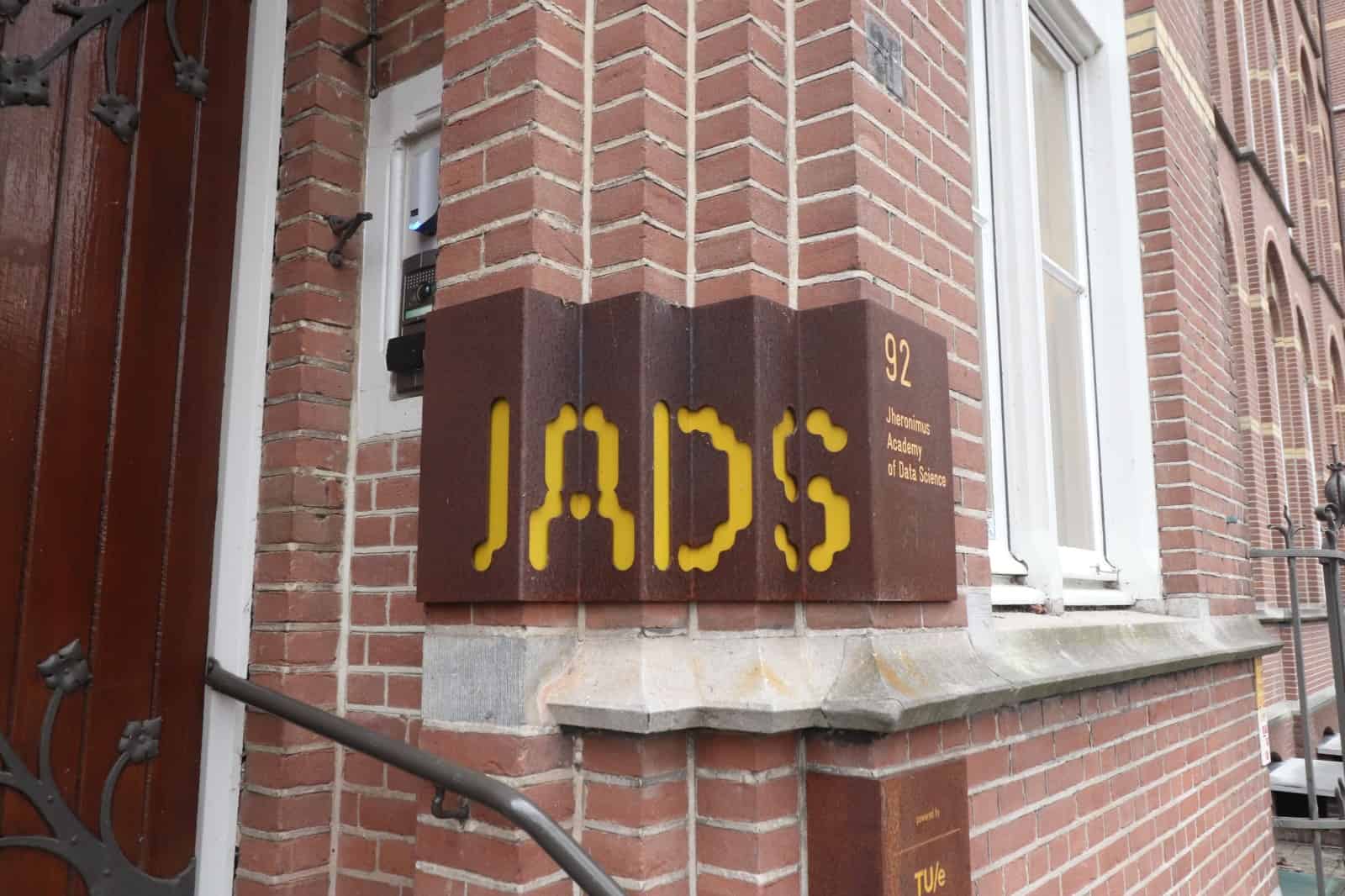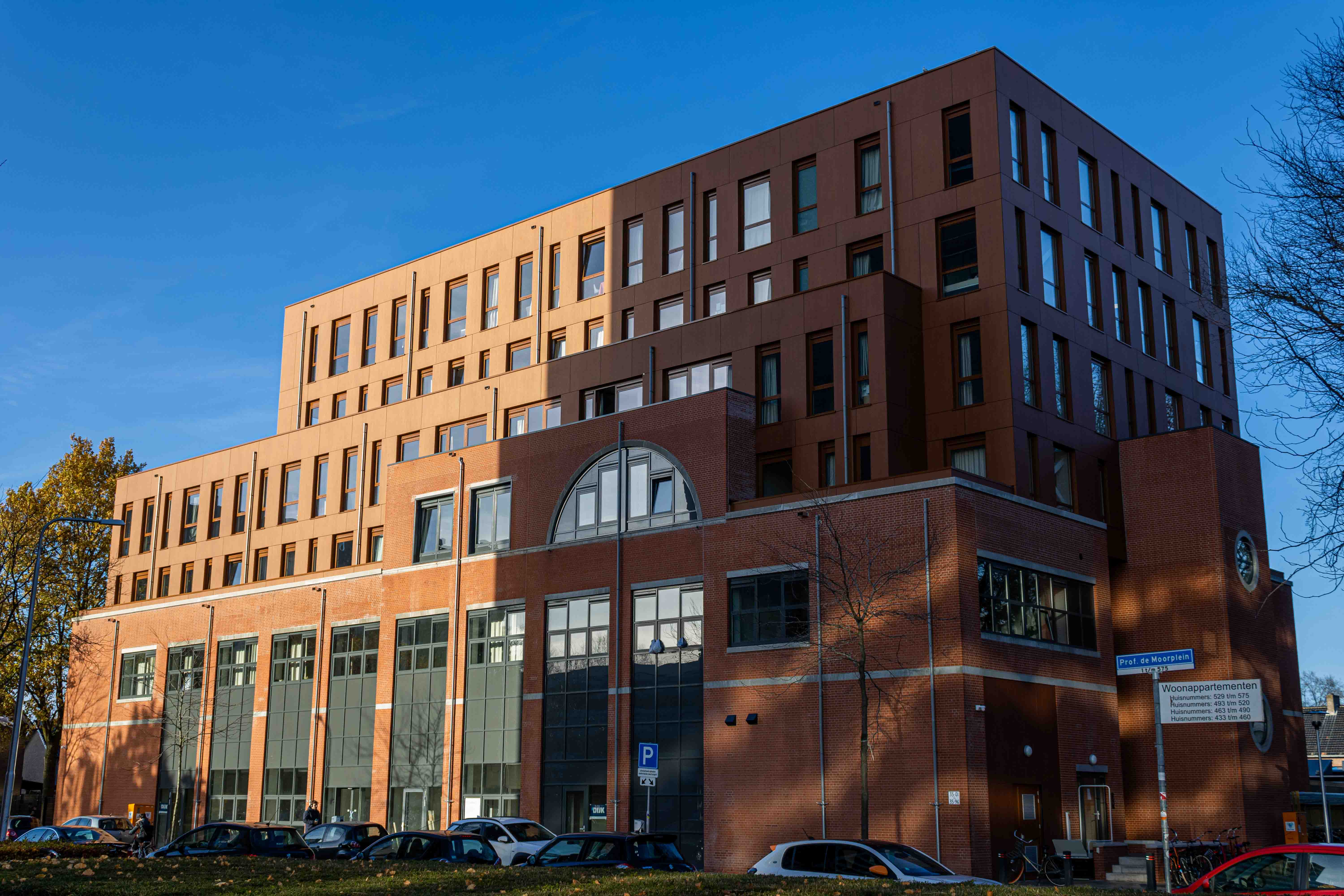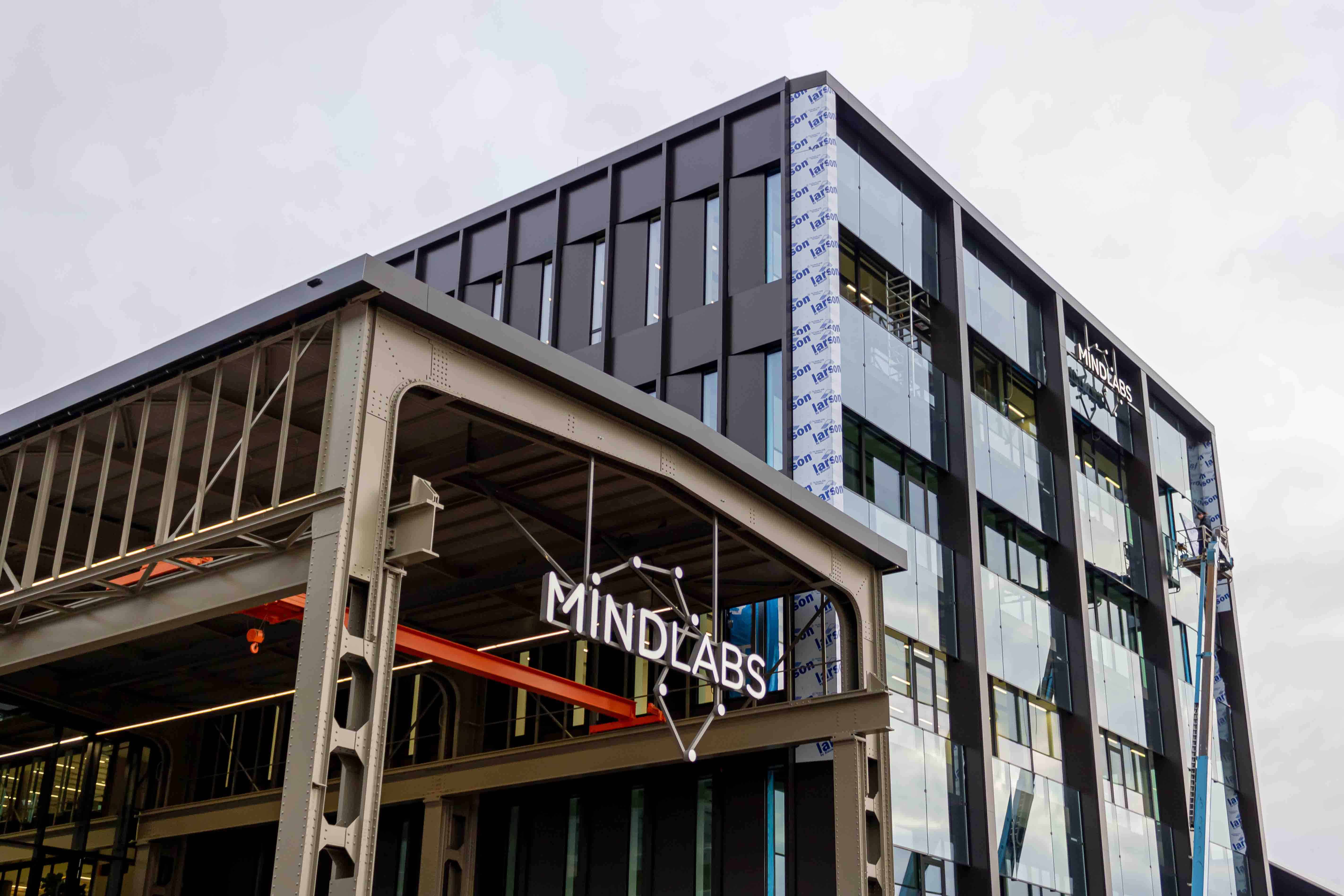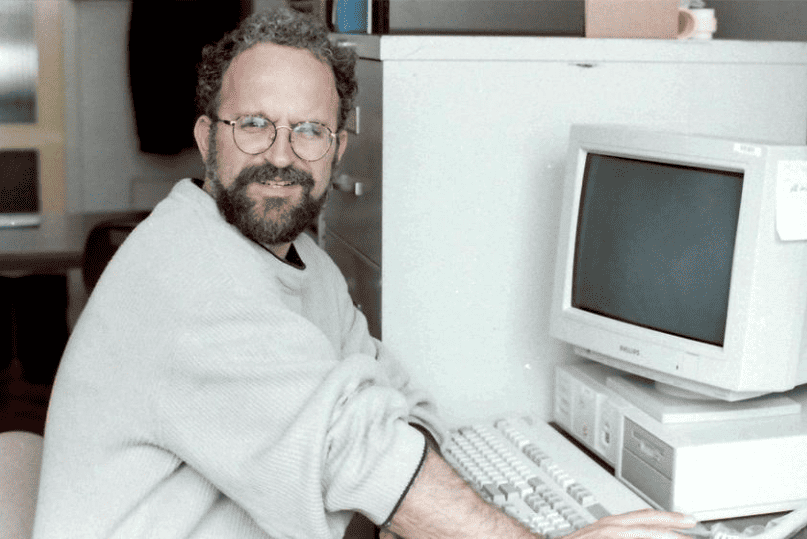
If there is one category of companies that are responsible for innovation in the Netherlands, it would have to be the start-ups. Innovation Origins is always looking for relevant innovations, therefore there is every reason to really capture the complete Dutch start-up ecosystem. Armed with the data sets of StartupDelta, we visited all Dutch provinces. In 14 episodes, published between December 24, 2018, and January 7, 2019, we’re giving an overview of the start-up ecosystem in the Netherlands. The series has been made by the journalists of cooperation PitchProducties, commissioned by Innovation Origins. Today: Zeeland. Read the other episodes of the series here (as far as already published).
Although many Dutch people know Zeeland from the huge and innovative Delta Works, the province seems inferior in terms of start-ups compared to the rest of the Netherlands. There aren’t any well-known success stories of start-ups or scale-ups with their origin in Zeeland. Besides, even the data of StartupDelta appears to present few start-ups from Zeeland.
However, it would still be a misconception to say that nothing is happening in Zeeland in terms of innovation. Claims are definitely made on funds like the Zeeuws Participation fund, says Jo-Annes de Bat (CDA), deputy of the Province of Zeeland. His portfolio includes economy, grants and innovation policy.
Also according to Marjolein Sponselee, involved in the Zeeland innovation organisation Dockwize, it’s not the case that nothing is happening in the province. However, she thinks the province might not always be as visible. “It’s not our thing to shout it out: look at how well we’re doing.” Sponselee also points out the Innovation Prize, which has been rewarded to the most innovative company or organisation in Zeeland since 2003.
Dockwize
According to De Bat, Dockwize is the central organization within the start-up and innovation climate of Zeeland. “It starts with making sure that Dockwize exists because Dockwize is a very important player in being able to help beginners”, he states. “Beginners from university, but also beginning companies are welcome to go there for questions, advice and financing.”
Dockwize is an organization in Vlissingen that “stimulates innovation and entrepreneurship in Zeeland”, says Sponselee. “Non-profit and for different target groups: namely enterprising students, start-ups and SMEs”, she adds.
The organization offers housing, has its own incubator and offers several entrepreneurs and innovation programs, says Sponselee. For example, Dockwize organizes start-up boot camps for students. Dockwize has existed in the current form since only this year, but it came about due to a combination of previous stimulation activities in Zeeland such as DOK41 and Kenniswerf Zeeland.
Extra money
The emergence of Dockwize earlier this year was described by, among others, the Provincial Courant of Zeeland, in which it was stated that “finally, serious money for innovation in Zeeland” had become available.
“At the beginning of this year in the first tranche, we have received thirty-five million euros from the Regio Deals“, says De Bat. He says that a part of that thirty-five million euros will be used for instruments around SMEs.
Moreover, De Bat says that in 2017, twenty-five million euros had already become available from The Hague for SME financing. As a region, another twenty-five million euros were added to that at the time. “One reason for that was to set up an innovation instrument”, says De Bat.
“Now we can take a huge step forward.”
Sponselee confirms in her reply to the question about whether a switch has been flipped in the last few years. “More money from The Hague has gone towards Zeeland for innovation”, she says. “Before that, we solved it in a different way, but now we can take a huge step forward.”
According to Sponselee, money for innovation also used to come from the stimulation programs OPzuid and Interreg.
Start-ups from Zeeland and their distribution across the province, via Startupdelta
No Eindhoven or Amsterdam
However, De Bat believes that money is only one part of the ability to innovate or to make a company grow. In terms of supporting innovative companies, it is also important that they are in the right networks and there is a good relationship with education, he states.
Thus he explains the relatively low number of ‘mapped’ start-ups in Zeeland: “We don’t have the network like those around Eindhoven or Tilburg, linked to the universities.” Sponselee says it is too easy to state that there are few start-ups in Zeeland. “Of course, when you’re looking at the scale, the number isn’t relative to a region like Eindhoven or Amsterdam. But I wouldn’t say there are few.”
They both agree on where the strength of Zeeland in the field of innovation should lie. “Water and energy”, they state separately. “Water, because we’ve obviously gained a lot of knowledge and experience with water issues”, says De Bat. “And energy, because we can see that different forms of energy can find a place in Zeeland.”
Female entrepreneurship
Especially those “technological” sectors aren’t as good in line with female entrepreneurship, says Elly Hulgers. She’s the coordinator at the ZigZag foundation in Vlissingen, where they’re also trying to give a helping hand to “innovative initiatives” in Zeeland. For example, they’re offering workspace for a cheap price.
Hulgers says that all initiatives are welcome at ZigZag, but “around three years ago” they have started with a more active policy focused on female entrepreneurs. “That’s when we realized that it is important for Zeeland to have female entrepreneurs present themselves much better”, she says.
ZigZag’s approach is interesting because recent research showed that start-ups led by men often gain more capital than companies that were started by women. “I can only say that that’s true”, says Hulgers.
That’s why ZigZag focuses, among other things, on increasing the visibility of female entrepreneurship. Not necessarily among start-ups, bus also individual female entrepreneurs. Because Hulgers believes that it shouldn’t be underestimated how much economic impact this can have. But to put that into motion, she says it requires effort. Not only in Zeeland, but also outside of it.







